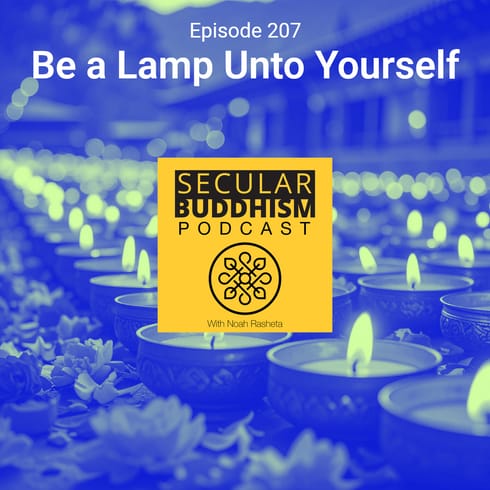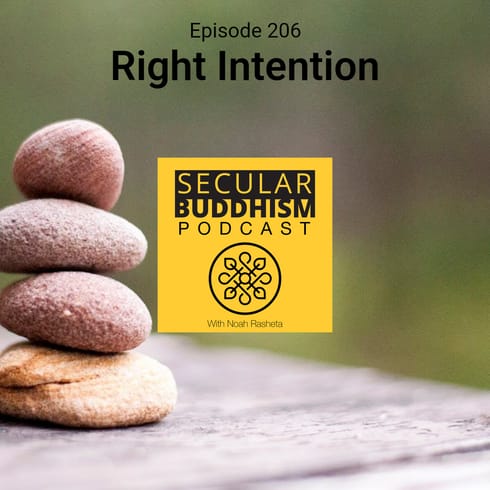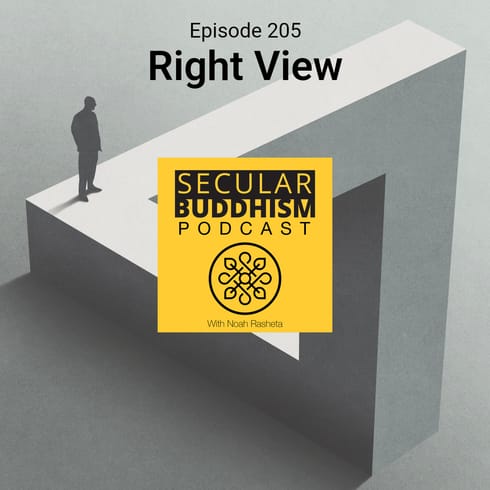
Redefining Kindness: The Journey of Understanding and Inner Peace
To comprehend the essence of kindness, we must venture beyond its traditional definition. While commonly defined as being friendly, generous, and considerate, the concept of true kindness is far more profound in the pursuit of inner peace.
True kindness is a conscious commitment to deep understanding. It is a deliberate exploration and engagement with the complex nature of our own selves, as well as others'. It implies introspection, a relentless quest to understand our beliefs, thoughts, feelings, and actions.
The essence of true kindness lies in our ability and willingness to understand and connect with the core of our humanity, both within ourselves and in others. It's about striving to see the world from another's perspective, and acknowledging that what may seem like an act of kindness to one, may not hold the same meaning for another.
Philosopher Alan Watts perfectly captures this concept in one of his quotes: "Kindly let me help you or you will drown, said the monkey putting the fish safely up a tree." The monkey, despite its well-intentioned efforts, is blinded by its own perspective. Its kindness, while sincere, is inadvertently harmful. Similarly, our attempts at kindness may unintentionally lead to undesired consequences if they spring from a place of misunderstanding or lack of self-awareness.
The same principle holds when we endeavor to practice self-kindness. We may mistake self-care for short-term comforts, or aim to suppress our painful emotions, thinking it to be kind. But perhaps the kindest act we can offer ourselves is to confront these uncomfortable truths, understand our vulnerabilities, and accept them as part of our growth.
Embracing true kindness isn't a process that can be completed overnight. It's an ongoing journey, an endless cycle of learning and unlearning. We are all shaped by our unique life experiences, emotions, thoughts, beliefs, and actions. These elements form our individual narratives.
True kindness is about recognizing and honoring these narratives, in all their complexity and depth. It's about extending patience and acceptance, taking the time to understand without judgment, and applying this understanding to others. Each person's narrative, including our own, deserves this level of kindness. Each deserves to be seen, heard, and acknowledged.
This transformative interpretation of kindness bridges the divide between mere good intentions and authentic empathy. It's the key to more genuine relationships with ourselves and others, significantly contributing to the cultivation of a lasting inner peace.
In the practice of self-kindness, we often overlook a profound truth: our relationship with ourselves sets the tone for our relationship with others.
If we cannot understand and be kind to ourselves, our kindness to others is likely to fall short. This realization may be unsettling, but it's also empowering. It is empowering because it provides us with the capacity to effect change.
The truest form of kindness isn't just about being friendly, generous, or considerate. It's about a conscious effort to understand, respect, and accept the complexities of our own inner world and the inner world of others. It's about striving to understand ourselves and others deeply and wholly.
May we remember that every effort we make to understand is an act of profound kindness. Its ripple effects resonate within us, nurturing a sustainable and resilient inner peace. Therefore, let us strive to be kind, not only in our actions but also in our understanding, for it is in this deeper comprehension that the true spirit of kindness resides.
Additional Resources
Kristin Neff - Self-Compassion: The Proven Power of Being Kind to Yourself (Book)
Using solid empirical research, personal stories, practical exercises, and humor, Dr. Neff—the world's foremost expert on self-compassion—explains how to heal destructive emotional patterns so that you can be healthier, happier, and more effective.
Raegan Hill – The power of kindness (TED Talk)
Raegan Hill discusses the physical and physiological advantages of kindness, highlighting its ability to transcend language barriers and unite individuals despite their differences. She emphasizes the importance of honesty, humility, and being harmless, and presents evidence demonstrating that those who practice kindness may benefit the most.
John Sweeny – Why kindness matters (TED Talk)
John emphasizes the importance of being kind to others, making them feel valued, inspiring others to be kind and paying it forward, and being kind to oneself, as we can often be our own harshest critics.
Sadie Zinn – Make kindness a habit (TED Talk)
Giving help to others is a simple and healthy path to joy. Sadie's own experiences taught her that sharing with others boosts happiness and fosters connections.



